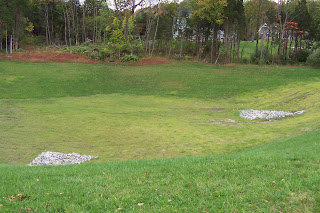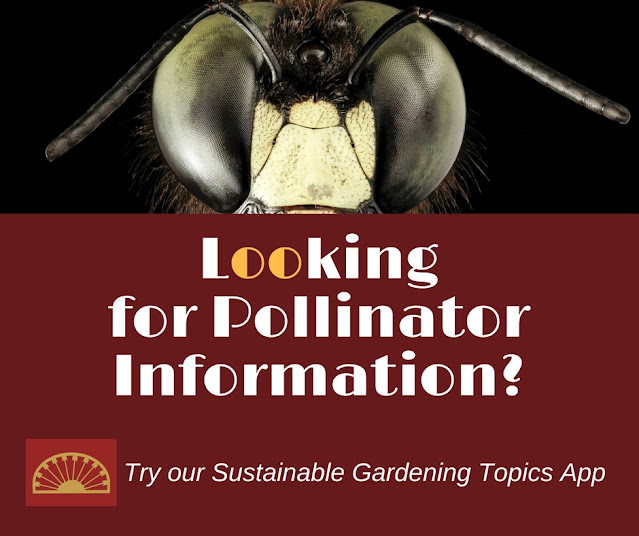Small Town America Celebrates
On our last day in Texas Hill Country, we tagged along with cousin Brenda, whose band had a gig for the town of Stonewall's 150-year celebration. Stonewall is the birthplace (and final resting place) of President Lyndon B. Johnson and much of the LBJ ranch is now a National Historic Park. Stonewall's population is about 526.
Folks were at the sesquicentennial to have a good time and visit with their neighbors. Opening ceremonies included a parade of floats, tractors, fire trucks, and horses. A variety of bands played all day and heaping plates of barbecue were served at noon. The conversation at our table revolved around what the "secret ingredient" might be that gave the potato salad its distinctive flavor. Antique farm equipment demonstrations and exhibits, displays from the Heritage Society, fire hose races, face-painting and "steer" roping for the kids, a strolling historic re-enactor, and a lariat spinner all had their place on the schedule.
We learned that the farm machine we call a "thresher" here on the East Coast, is called a "thrasher" deep in the heart of Texas. (Somehow, it made me think of politicians).
Unlike what our local annual fair has turned into, there were no pyrotechnical stage displays, no carnival rides, no demolition derby. Just neighbors coming together to socialize.
Having spent the previous six days in Dallas, Fort-Worth, and Austin, we experienced not only a time warp, but a cultural shift that transported us back to a simpler way of life. Family-based farming and ranching hold lifestyle elements in common that cut across age, cultural, religious, and political barriers. It's exhausting work that requires long hours outdoors and keeps people close to the land. Country fairs and town days help build a sense of community that's missing from our isolated urban and suburban existence.
Having spent the previous six days in Dallas, Fort-Worth, and Austin, we experienced not only a time warp, but a cultural shift that transported us back to a simpler way of life. Family-based farming and ranching hold lifestyle elements in common that cut across age, cultural, religious, and political barriers. It's exhausting work that requires long hours outdoors and keeps people close to the land. Country fairs and town days help build a sense of community that's missing from our isolated urban and suburban existence.







